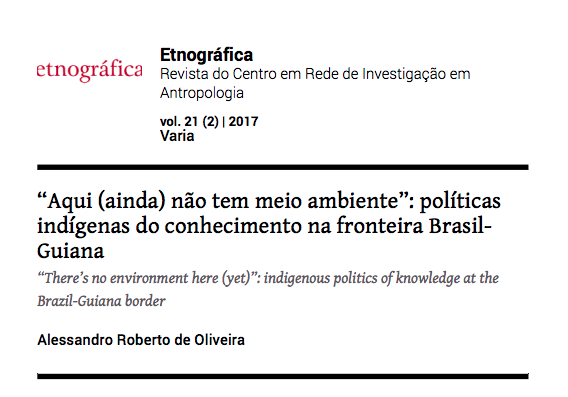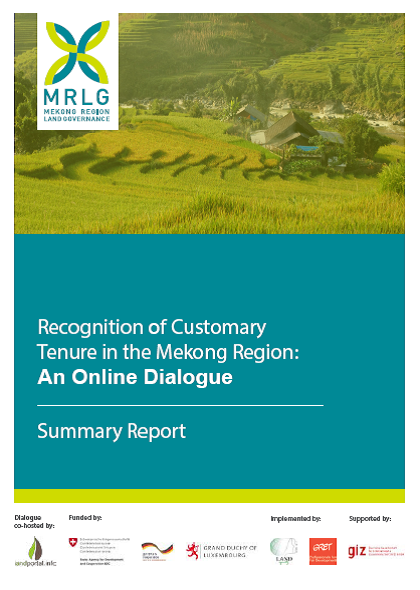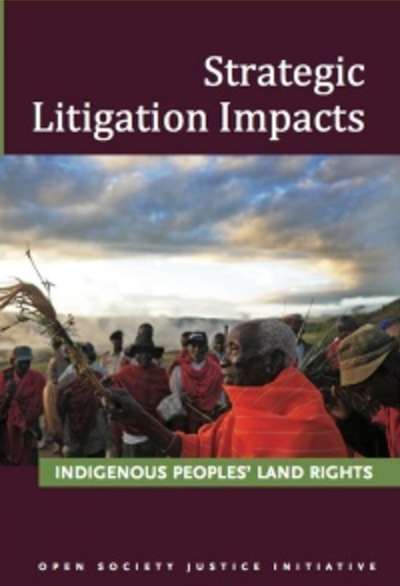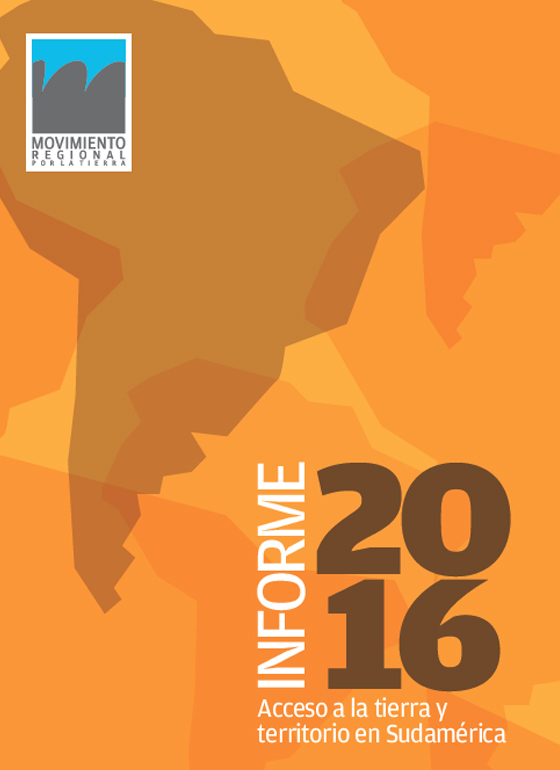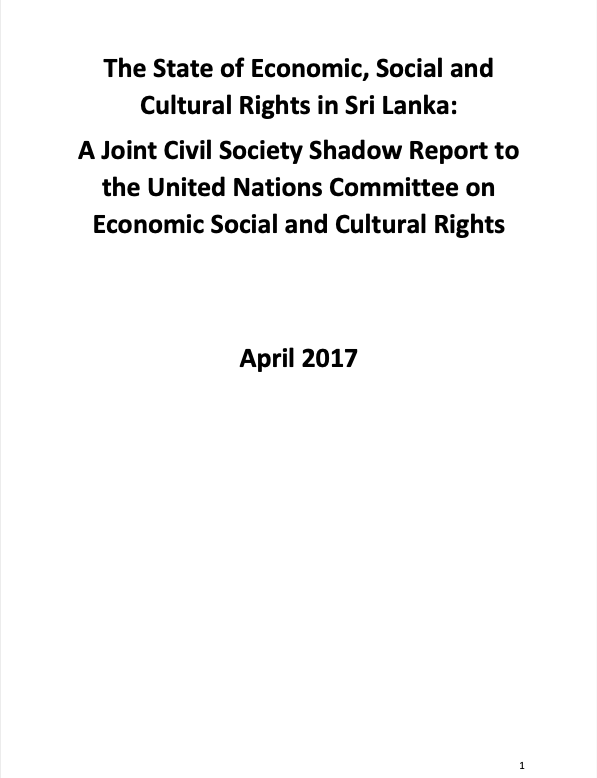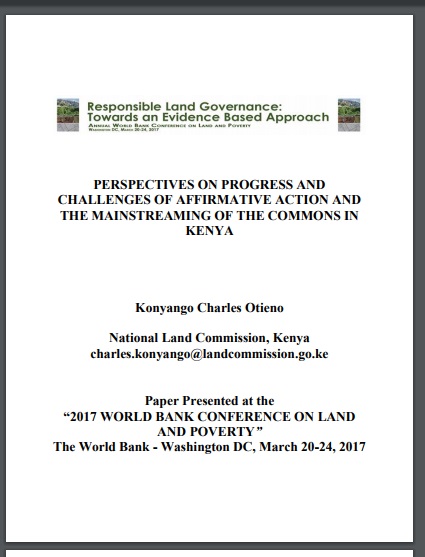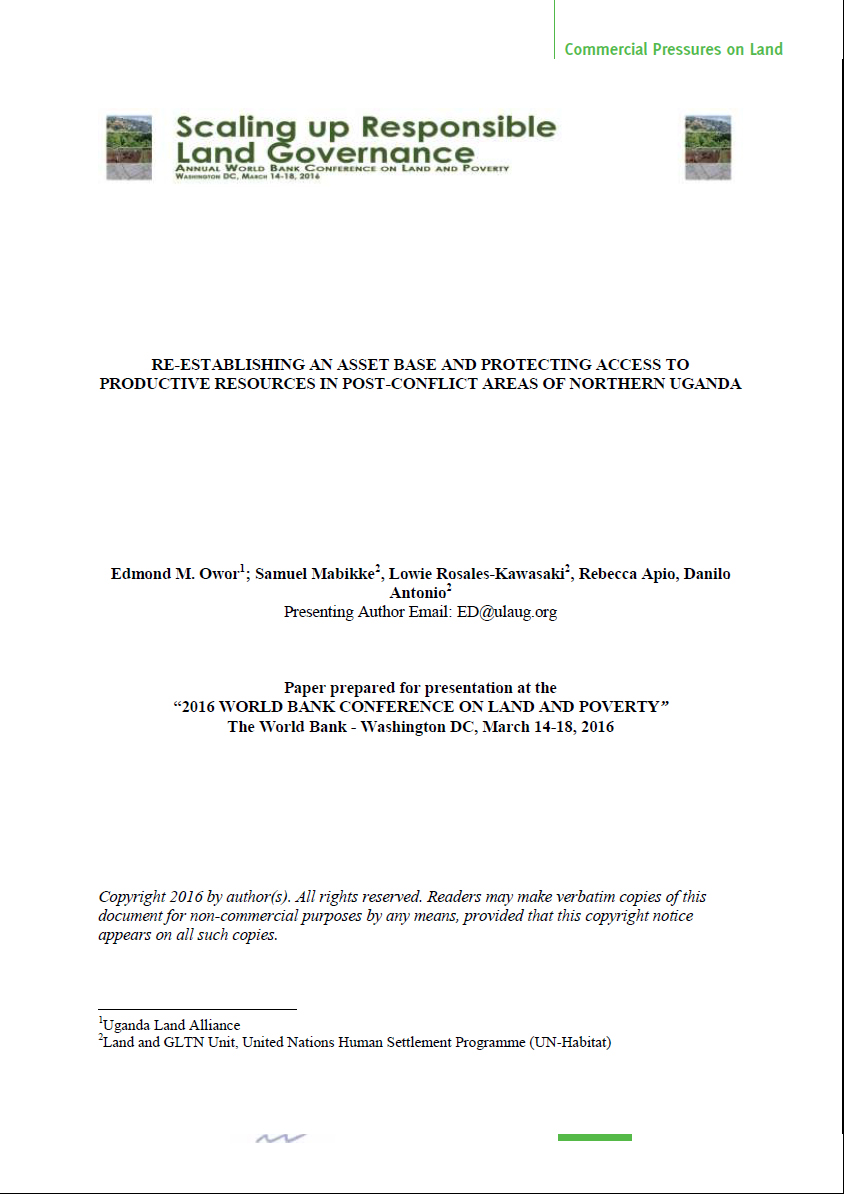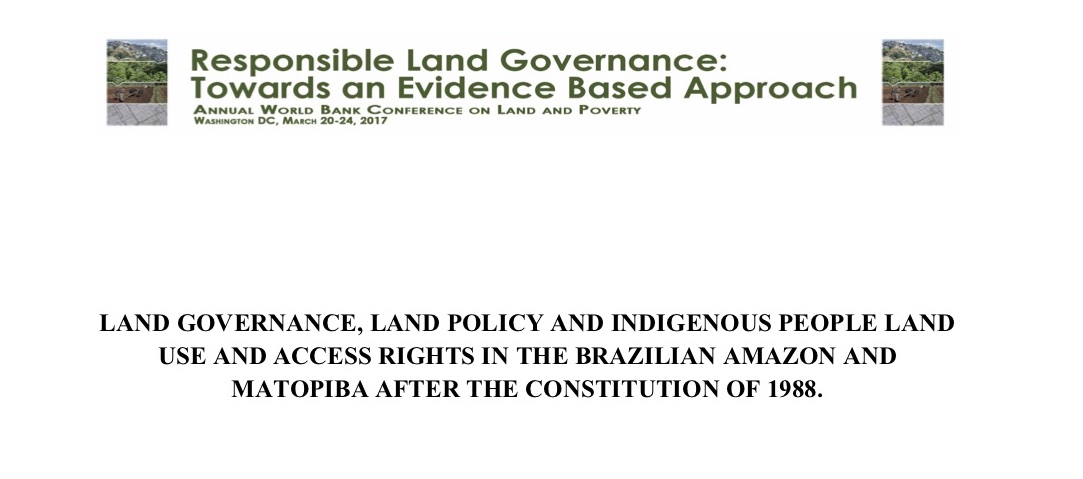Understanding changing land access issues for the rural poor in Uganda
The ways in which people obtain land in Uganda are changing fast. Land that used to be secured through inheritance, gifts or proof of long-term occupancy is now more commonly changing hands in the market. Those with wealth and powerful connections are frequently able to override local rules and gain access to land at the expense of poorer individuals. Government-backed agribusiness investors receive large areas of land with benefits for some local farmers who are able to participate in the schemes, while other smallholders see their land access and livelihoods degraded.



